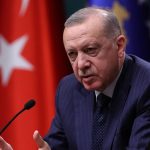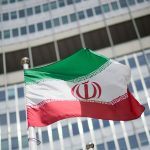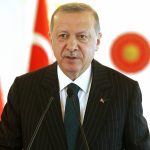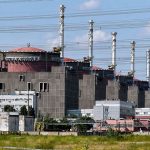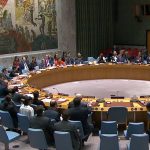Is Iran’s oil capable of calming an unstable market?
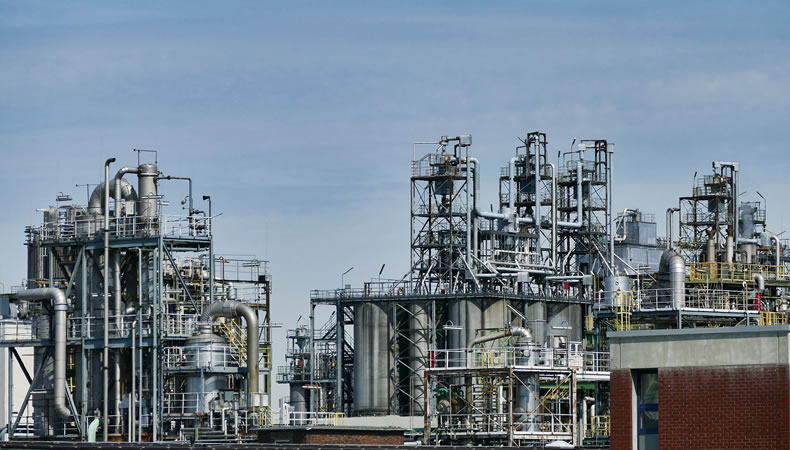

After then, it declined to 1.9 million barrels, and it is now at 2.4 million barrels. Due to this considerable decline in output, as well as low levels of investment in recent years, it will take time for the country’s production to return to pre-sanction levels. However, Iran’s oil and gas condensate reserves aboard tankers, as well as onshore oil storage facilities, would aid the country’s existing exports of over 1 million barrels per day.
According to some estimates, Iran will be able to send an additional 500,000 barrels of oil per day to foreign markets after sanctions are lifted in April and May, and 1.3 million barrels per day by the end of the year. All of this is based on the ongoing Vienna discussions on renewing the Joint Comprehensive Plan of Action (JCPOA). Any fresh interruptions in US supply, if sanctions are not lifted, may push oil prices up to $150 per barrel. The United States is already having to cope with its greatest level of inflation in four decades, according to GasBuddy. Since the Ukraine conflict began, the price of fuel has soared by roughly $4 per gallon in various sections of the country.
Related Posts
Iran has stated that if the Trump administration’s sanctions on it are repealed, it will be willing to raise its oil exports dramatically, but that it will take time to rebuild ties with European and Asian clients. Officials from the National Iranian Oil Company (NIOC) flew to Seoul, South Korea’s capital, in February to discuss the possibility of restarting oil delivery with a number of refineries. The International Energy Agency (IEA) has raised its demand growth prediction for 2022, predicting that global oil consumption would rise by 3.2 million barrels per day to a record 100.6 million barrels per day this year. These projections suggest that there is a demand for additional oil, and that producers may raise oil sales and export income as a result.
If Iran can overcome its differences with the US over a return to the JCPOA, it will undoubtedly benefit from this growth. In the case of a change of administration in Washington, Iran is requesting that the US government stay loyal to the deal. However, neither President Joe Biden nor any other US leader can guarantee this. Tehran must determine if it is worthwhile to negotiate a three-year accord.
Iran’s oil output surged far quicker than projected when the JCPOA went into effect in 2016. Most observers projected that once sanctions were lifted, Iran’s output would climb by 500,000 barrels per day within a year, but it did so in less than four months, and by the end of the year, it had increased by about one million barrels. Iran kept oil in tankers when sanctions were reimposed in 2018 as a result of the US exit from the JCPOA. Iran is thought to have more than 85 million barrels of oil and gas condensate stockpiled at sea. If sanctions are relaxed, these supplies can be exported quickly.
The removal of major oil exporting countries from the market has far-reaching consequences. Other producers frequently boost prices to further their own goals. Even if Iran rejoins the market, not all of the world’s oil and gas concerns will be solved; nonetheless, an Iranian return might have a significant psychological influence in assisting the oil market’s restoration to balance. Iran may potentially be able to contribute to the replacement of Russian gas shipments to Europe.
Iran will require investment in order to fully profit from market shortages. Iranian Oil Minister Javad Owji stated in September 2021 that the Iranian oil sector required $ 160 billion in investment to fulfill its full potential. Iran does not now play a significant role in the global natural gas market. Due to a paucity of natural gas for local requirements and a lack of investment in energy infrastructure, it has even decreased gas shipments to Turkey and Iraq.
Iran has managed to avoid sanctions by exporting oil on the black market to China. Other producers, particularly Russia and Saudi Arabia, want Iran to gradually return to the market, while Tehran wants to reclaim market dominance as quickly as feasible. Iran will confront several hurdles in the energy market in the coming months, and even the Ukraine crisis will not be enough to allow Iran to play a significant role without strong energy diplomacy and a realistic foreign policy. Omid Shokri is a visiting research researcher at George Mason University’s School of Policy and Government and an energy security analyst at Gulf State Analytics (GSA). He is the author of Changing US Energy Diplomacy in the Caspian Sea Basin.


